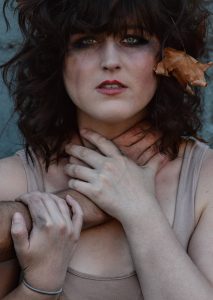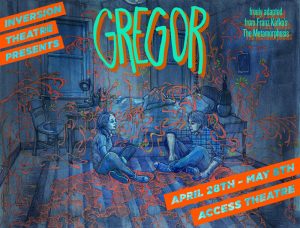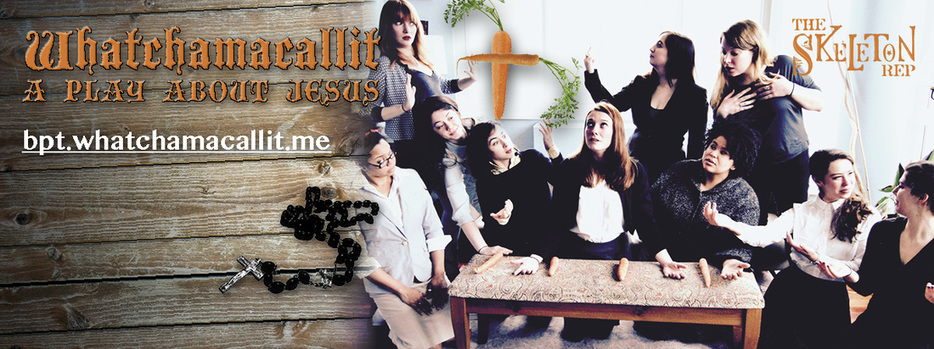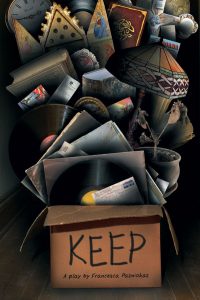 For the 10th year running, Hip to Hip Theatre Company brings free Shakespeare to Queens (and Harlem, and Brooklyn, and the Bronx, and Jersey City…check out the full schedule!).
For the 10th year running, Hip to Hip Theatre Company brings free Shakespeare to Queens (and Harlem, and Brooklyn, and the Bronx, and Jersey City…check out the full schedule!).
In honor of the anniversary, they’re returning to the first show they ever produced, taking you to the Forest of Arden with As You Like It, before heading to Rome to bring the pain with the ever-so-appropriate-in-an-election-year Julius Caesar.
I won’t retread all the info about what they’re up to—instead, you should listen to last year’s episode with the fine gentlemen Jason Marr, Artistic Director and actor in the company, and David Mold, Associate Artistic Director and director of one of this year’s shows—then, come back and listen to this episode, where they expand on those ideas, and talk about this year’s productions.
Take a listen as Jason and David discuss the celebratory nature and notions of identity in As You Like It, why you should pay attention in your technical theatre classes, layers of performance, why actors are eager to work in random parks around the city, and what it takes to do what they do.
“Do it. That’s what we did…our first season we produced for $2,500. It was me with a big trunk full of the props, and I would wheel it on a little dolly into the park. If you’re heart’s in it, you’ll find a way.” Continue reading
Podcast: Play in new window | Download
Subscribe: RSS









